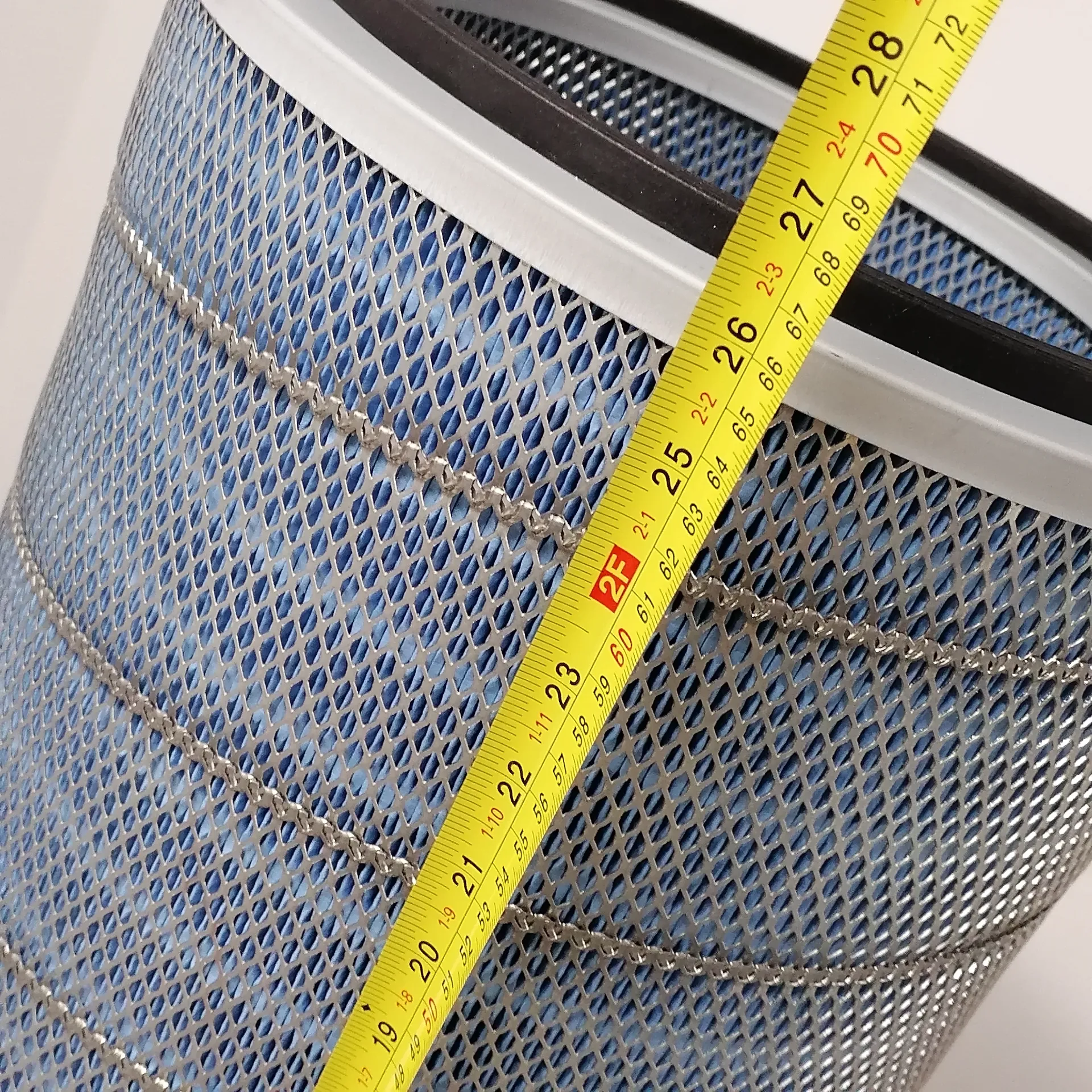 Tel:
+8618931101301
Tel:
+8618931101301
Dec . 11, 2024 09:13 Back to list
Exploring the Benefits and Applications of Metal Filter Elements in Industrial Processes
Understanding Metal Filter Elements A Comprehensive Overview
In industrial applications, filtration plays a crucial role in maintaining the quality and efficiency of processes ranging from water treatment to oil refining. One of the significant innovations in the filtration industry is the development of metal filter elements. These components offer robust solutions, especially when conventional filters fall short in terms of durability or performance. In this article, we will explore the benefits, types, applications, and maintenance considerations associated with metal filter elements.
What are Metal Filter Elements?
Metal filter elements are filtering devices made from various metals, such as stainless steel, porous metal, or even alloys. Unlike traditional filters made from paper or synthetic materials, metal filter elements are designed to withstand extreme conditions, including high temperatures, pressures, and aggressive chemical environments. Their structural integrity allows them to be reused and cleaned, significantly reducing the need for replacements.
Advantages of Metal Filter Elements
1. Durability Metal filter elements possess immense strength, which makes them resistant to wear and tear, thus prolonging their service life. Unlike paper filters, which can degrade over time, metal filters can withstand harsh environments, ensuring consistent performance.
2. High Filtration Efficiency The porous structure of metal filters enables efficient separation of particles from various fluids. They can be designed to filter particles ranging from microns to millimeters, making them suitable for various applications.
3. Temperature Resistance Many industrial processes involve extreme heat. Metal filter elements maintain their structural integrity and efficiency even at elevated temperatures, making them ideal for high-temperature applications in industries like aerospace and automotive.
4. Chemical Compatibility Metal filters can be engineered from materials resistant to corrosive substances, thus ensuring longevity and reliability in chemically harsh environments where plastic or other organic filters might fail.
5. Reusability and Cleanability One of the significant benefits of metal filters is their ability to be cleaned and reused. This feature not only reduces waste but also offers cost savings in the long run compared to disposable filters.
Types of Metal Filter Elements
Metal filter elements come in various forms, each designed for specific applications
- Sintered Metal Filters These filters are made by fusing metal powder together to form a porous material. Due to their uniform pore structure, they are ideal for fine filtration.
metal filter element

- Wire Mesh Filters Made from woven or welded wire, these filters are excellent for coarse filtration and can withstand high flow rates and pressures
.- Ceramic Filters Although technically a composite, many ceramic filters are reinforced with metal for added strength. They provide high resistance to chemicals and can endure high thermal stress.
- Panel Filters These are often used in air filtration systems and are designed for larger surface areas to maximize the filtration process.
Applications of Metal Filter Elements
Metal filter elements are utilized across various industries
- Oil and Gas In upstream and downstream processes, these filters are used to separate solid contaminants from crude oil and refined products.
- Chemical Manufacturing They are essential in separating catalyst fines and other solid particles from process liquids.
- Food and Beverage Metal filters ensure the removal of particulates from oils and liquids, maintaining product quality and safety.
- Pharmaceuticals They are used in highly regulated environments to ensure that products meet stringent purity standards.
Maintenance Considerations
To ensure optimal performance, regular maintenance of metal filter elements is crucial. Cleaning procedures may vary depending on the filter type, but in general, a systematic approach involving thorough inspection, cleaning, and re-certification should be adopted. Proper maintenance not only extends the life of the filter but ensures the continued efficiency of the filtration process.
Conclusion
Metal filter elements represent a significant advancement in filtration technology. With their durability, efficiency, and range of applications, they are indispensable in industries where performance and reliability are paramount. By investing in quality metal filter elements, companies can enhance their operational efficiencies while reducing downtime and overall costs associated with filtration processes. As industries continue to evolve, the demand for such robust filtration solutions is only expected to grow.
-
Working principle of high-efficiency dust filter elementNewsJun.26,2025
-
The truth about washable filters: Does repeated use really not affect efficiency?NewsJun.25,2025
-
Effect of humidity on the performance of activated carbon filter elementsNewsJun.24,2025
-
Material selection considerations for dust removal filter elements under high temperature conditionsNewsJun.23,2025
-
Cold knowledge of air filters: Why are some designed to be pleated?NewsJun.16,2025
-
Factory direct supply! High-precision air filter element wholesale and customizationNewsJun.12,2025

 Email:
Email:





